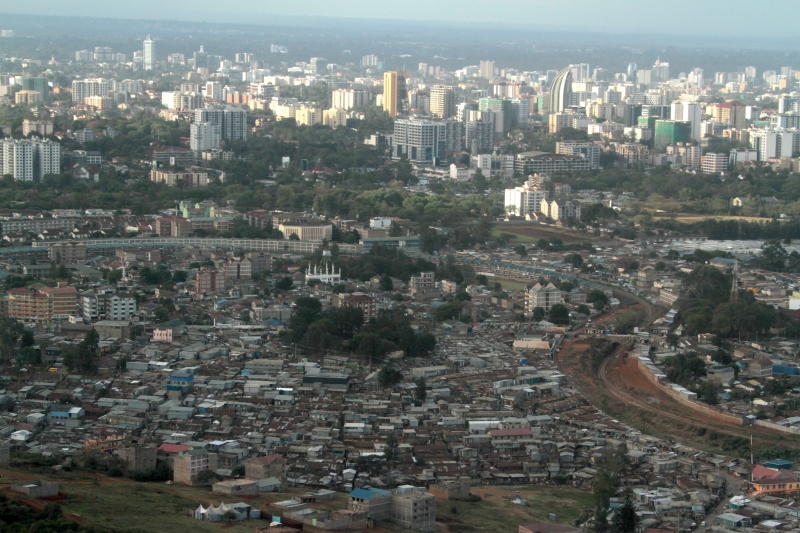×
The Standard e-Paper
Kenya’s Boldest Voice

Skyline of the city of Nairobi, Kenya [David Njaaga, Standard]
In the last 100 years, 30 countries have moved or decided to relocate their capital cities. As Wilson James writes in a 2020 case study of Indonesia, which recently moved its capital from Jakarta to Nusantara, the thinking behind such decisions ranges from cementing authority to overpopulation.







